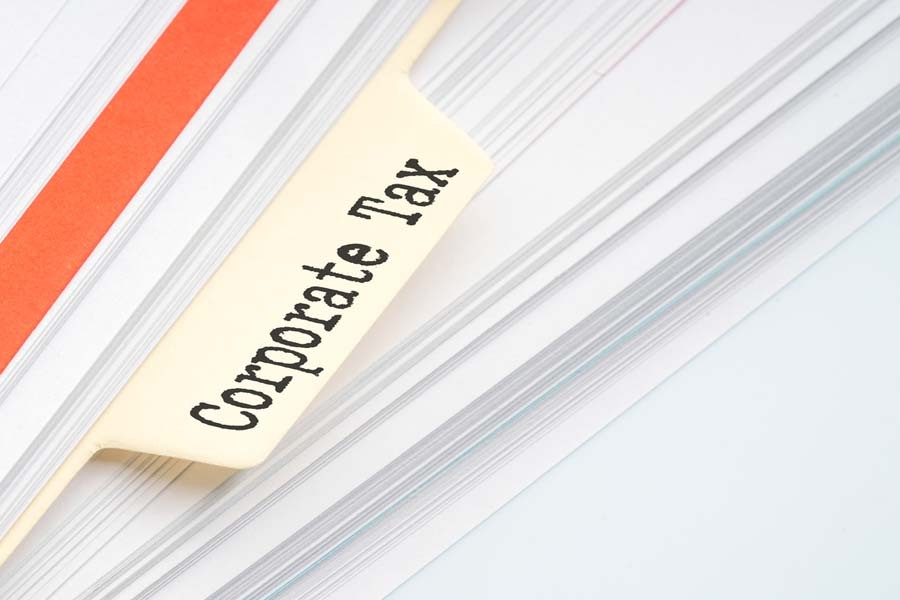One single decision can do a lot for the stock market, which is the lowering the rate of corporate income tax for the listed companies. All over the world the stock market grew in strength, at least initially, through various incentives, the most important one being low rate of corporate income tax for the companies which went public. This is more urgent in the developing stock markets like that of Bangladesh where stock investment as a culture was not there in the past. People in this part of the world, by and large, knew how to keep money in banks against promised interest. They did not know what were companies' papers or equities. Investment in equities or any other instrument bearing risk was unknown to them.
Higher middle class people in Bangladesh started to know about equity only since the beginning of the eighties of the last century. Many investors came forward to invest in equities, though they were outmanoeuvred or cheated time and again by the stronger players or the crooks of the market. But they did not give up; they, instead, remained engaged with it, though with flexible strategy. Over time they came to know how to defend themselves in the adverse situation of the market.
The predators also did not give up. They were there in the market for easy prey. The those investors who were not well informed and who did not know the very basics of stock market investment were the easy prey. Anywhere in the world the new entrants in the stock market pay the price of foolishness.
But for the experienced and informed investors also, the present problem is not the shortage of money or skill but the presence of or availability of good stocks in the market. Bangladesh market never had a large number of good stocks. Ironically, some blue chips of the past have now turned red chips, because of bad performances over the years. Many so-called good stocks got relegated to the over-the-counter market after years of non-performance. This also means that if the market is not continuously supplied with good stocks, the size and depth of the market can get squeezed.
Professionalism is now there in the market to some extent, but what investors feel is that the professionals also are failing them in picking appropriate stocks for them at the right prices.
One after another mutual fund is coming to the market with fresh fund. But there is a dearth of good stocks for these mutual funds to take a stake with their funds on a longer-term perspective. This situation can be overcome only by supplying the market with good stocks through initial public offerings (IPOs). But sufficient numbers of good IPO sellers are not coming to the market with their offers. Obviously, the potential IPOs are not finding that much incentive in the system.
The incentive of 10 per cent lower corporate income tax for the listed companies does not seem to be appealing enough for the good companies to opt for stock market listing. Had it acted as a strong incentive, by this time market would have got many, if not enough number of, good stocks. The corporate income tax for the listed companies should be further lowered sending the unwilling good companies a positive message that if they came to the stock market with listing they would receive incentives like a big cut in the corporate income tax. There is no better way to bring good companies into the market; attempts to compel them to do so through regulatory order did not work in the past and would not work now also. Only a voluntary decision by the good companies can make them coming to the market, and that voluntary decision will come when they see that there is real benefit in the system for them if they go public.
Many countries reduced all taxes, including corporate income tax, substantially just to remain competitive globally. High corporate tax does not necessarily mean high tax revenue for the government. At times, it goes the other way.
It is a fallacy that the higher the corporate income tax, the higher will be the revenue collection for government. This sounds true in theory only, while the reverse is true, in reality. The Finance Minister, as he said in a recent seminar, understood the need for a lower corporate income tax for the sake of helping the growth of the capital market. It was hoped that last year's finance bill would incorporate such a provision but that did not.
The investors want to see a lower rate of income tax for the listed companies. If the corporate income tax is lowered, the capacity of the listed companies to give dividend will go up. That will help the investors and also the government as it holds stakes in equities in some of the listed companies.
The writer is a Professor of Economics at the University of Dhaka.


